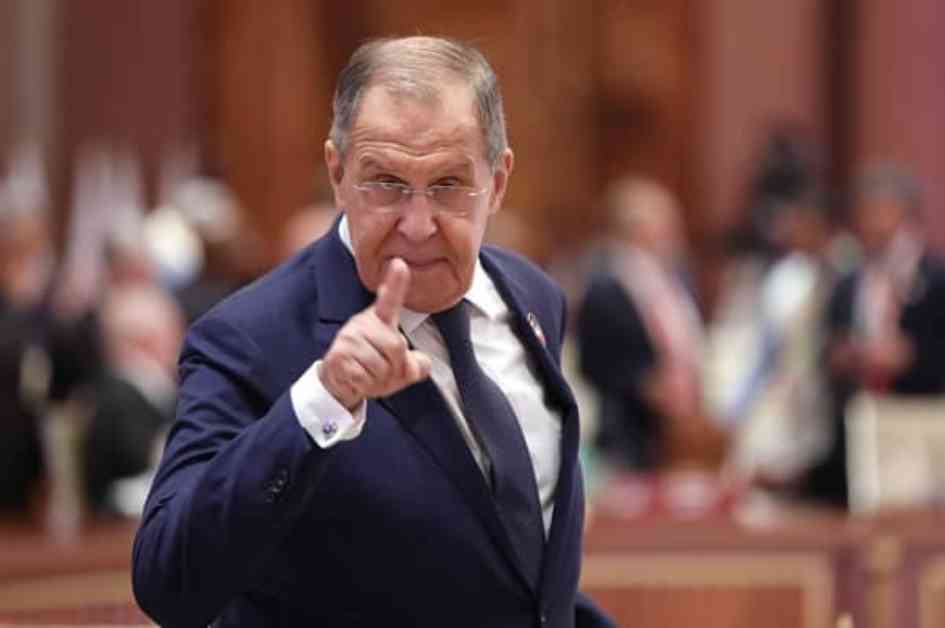The high-stakes diplomatic negotiations between the United States and Russia are currently unfolding in Saudi Arabia, specifically at Riyadh’s Diriyah Palace. Leading the discussions are key figures such as the Middle East envoy Steve Witkoff, US Secretary of State Marco Rubio, and National Security Advisor Mike Waltz, representing President Trump’s administration. On the Russian side, Foreign Minister Sergey Lavrov and foreign policy advisor Yuri Ushakov are present, along with Saudi Foreign Minister Prince Faisal bin Farhan al Saud and National Security Advisor Mosaad bin Mohammed Al-Aiban.
The focus of these talks is centered on the ongoing conflict in Ukraine, with hopes of reaching a peaceful resolution and rebuilding the strained relationship between Russia and the US. Kirill Dmitriev, the head of Russia’s sovereign wealth fund, emphasized the importance of the US understanding Russia’s position on the Ukrainian crisis. He expressed optimism about the Trump administration’s ability to address complex challenges swiftly and efficiently, highlighting their track record as problem solvers.
Dmitriev, a US-educated former Goldman Sachs banker, played a significant role in facilitating early contacts between Moscow and Washington during President Trump’s tenure from 2016 to 2020. He underscored the economic ramifications of the conflict, noting that US businesses suffered substantial losses amounting to around $300 billion due to strained relations with Russia. As discussions progress, finding viable solutions to mitigate these economic losses becomes a crucial aspect of the negotiation process.
However, Ukrainian President Volodymyr Zelensky has voiced concerns about the prospect of a hastily negotiated peace deal that excludes Ukraine from the decision-making process. Zelensky emphasized that any agreements between Russia and the US must not overlook Ukraine’s interests or disregard its sovereignty. He stressed that Ukraine cannot be sidelined in discussions that directly impact the lives and future of its people.
In response, Russian Foreign Minister Sergey Lavrov asserted that territorial concessions to Ukraine were not on the table, citing historical agreements made during the formation of the Soviet Union. Lavrov’s statements underscore Russia’s firm stance on territorial integrity and sovereignty issues related to Ukraine, signaling potential challenges in reaching a consensus during the negotiations.
Expert analysis suggests that the outcome of these talks will significantly impact the geopolitical landscape in Eastern Europe and shape future relations between major global powers. The complexities of the Ukrainian conflict, coupled with the competing interests of various stakeholders, pose a formidable challenge to achieving a lasting peace settlement.
As the discussions unfold in Saudi Arabia, the world watches closely, hoping for a breakthrough that could pave the way for stability and cooperation in the region. The stakes are high, and the decisions made in these diplomatic meetings will have far-reaching consequences for the future of Ukraine and international relations as a whole. Only time will tell how the intricate web of political interests and historical grievances will be untangled in pursuit of a lasting peace agreement.












